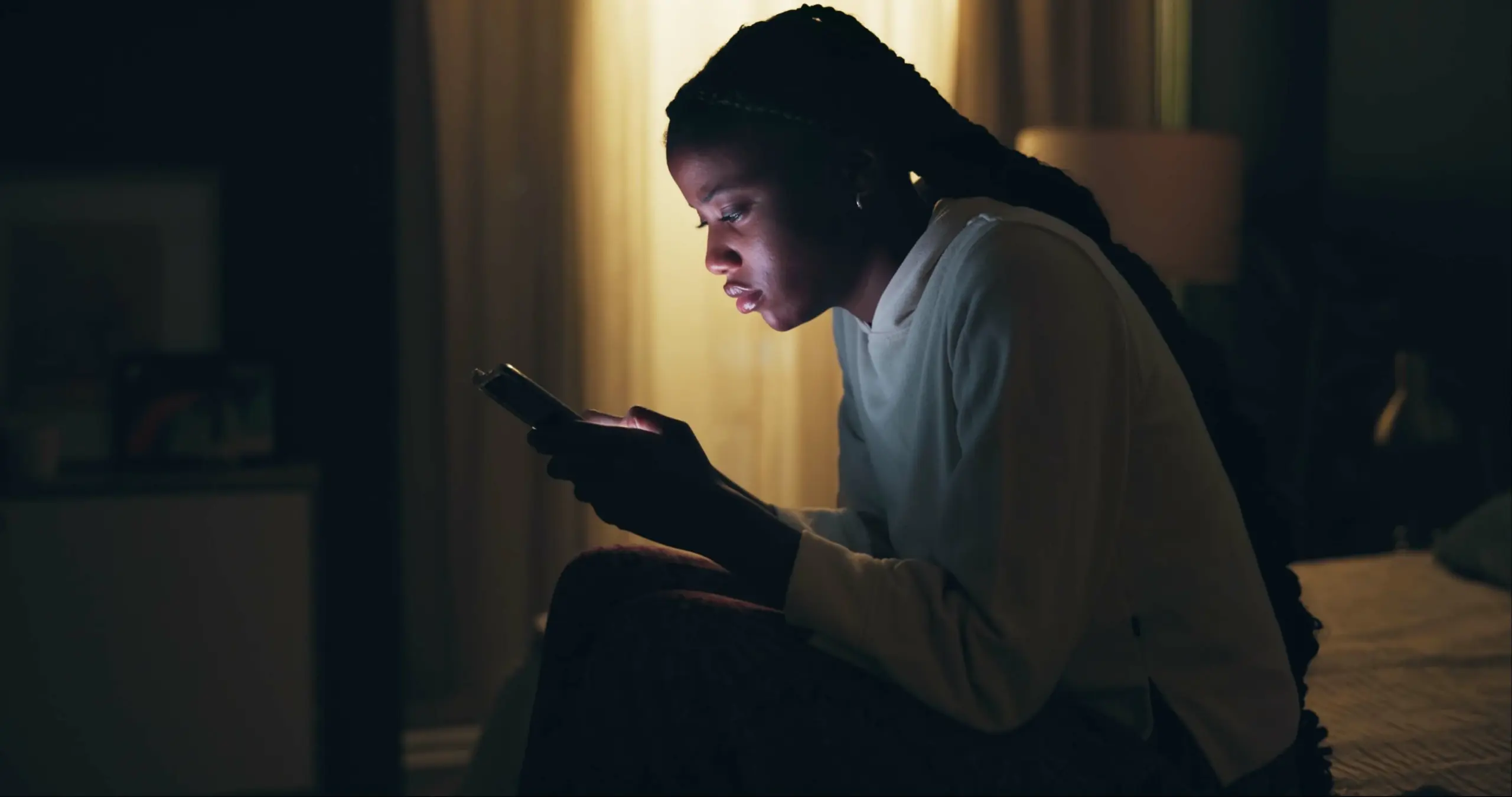The Hidden Connection Between Social Media and Addiction
Social media has transformed how we connect, share, and engage with the world. But while it can foster community, it can also encourage dependency. More people are asking the tough question: what is the hidden connection between social media and addiction? The answer is complex—and it’s more powerful than most realize.
How Social Media Mimics Addiction
Social platforms are designed to keep users engaged. Features like endless scrolling, likes, and notifications activate the brain’s reward system—the same system linked to substance addiction. Over time, this cycle can:
Trigger compulsive checking and scrolling.
Fuel anxiety and fear of missing out (FOMO).
Create withdrawal-like symptoms when offline.
It’s not surprising that researchers are beginning to recognize social media and addiction as a real behavioral health concern.
The Mental Health Connection

The impact of social media overuse extends beyond lost time. Studies show it can contribute to:
Depression and anxiety from constant comparison.
Sleep problems linked to late-night scrolling.
Isolation when online interactions replace real-life connections.
For those in recovery, these patterns may increase vulnerability to relapse, as social media becomes another form of escape.
Building Healthier Online Habits
Breaking free doesn’t mean abandoning social media—it means using it mindfully. Consider:
Setting screen time limits and unplugging before bed.
Following supportive, positive accounts instead of triggering ones.
Practicing digital detox days to reconnect offline.
Seeking professional help if usage feels compulsive or harmful.

The connection between social media and addiction is often hidden in plain sight. By understanding how these platforms influence behavior, you can take steps toward healthier boundaries and protect your recovery journey.
“We do not treat this type of addiction; this is only an informative article.”
